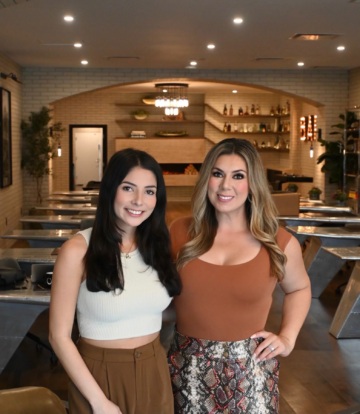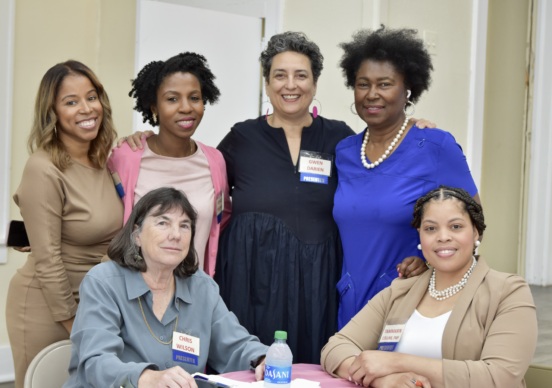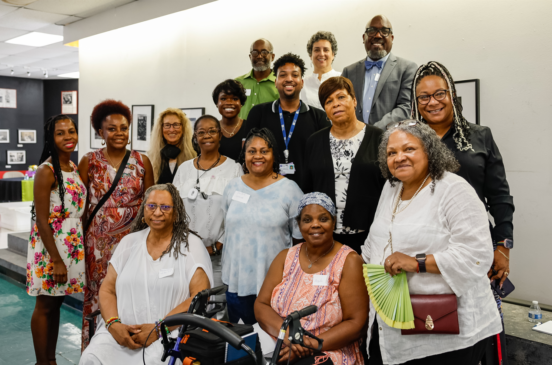
Register for Policy Consortium
Chris Wilson discusses her own journey towards understanding community partnerships as part of our upcoming Policy Consortium.
By Christine Wilson
I’m going to be a little hard on myself here. A number of years ago, sometime in the mid nineties, I participated in a “research project” that my employer, a comprehensive cancer center conducted with Black churches in Philadelphia. The project itself was relatively innocuous. We wanted to survey awareness and attitudes of our participants about cancer screening. We went to the churches with our survey forms, some light refreshments and an educational presentation about the importance of cancer screening.
After one of the sessions, I remember a community leader, a forthright Black woman walking up to me and saying, “I need to tell you you. I appreciate your good intentions, but we’re tired of people coming here and doing their projects and then just leaving. You’re not offering us anything. You tell us screening is important but you don’t provide it. You just disappear when you’ve got what you came for.”
She was right, of course. We checked every box for what it means to do work on a community, not with it. In truth, we knew very little about that community. We didn’t involve them in developing the project. We didn’t offer any actual benefit to the people who duly filled out the forms or arranged the sessions–no honorarium, no actual screening services, not even the courtesy of following up with results and recommendations. And, to be totally honest, we were probably more interested in having some “outreach to the Black community” to include in our core grant submission than in actually learning or doing anything. Good intentions or not, that approach was to put it generously, deeply flawed.
It has taken a while but that old model has changed. Today, as Katie Cueva, MPH, PhD says, “We work with our communities ‘by invitation only.’ The people need to be a part of what we are doing, and we need to understand we can be uninvited at any time.”
Karriem Watson, MPH, D.H.Sci. talks about the importance of involving research participants in every step of the project, and in the process creating “citizen scientists,” who become not only participants but informed advocates. Suzanne Held, PhD and Alma McCormick have nurtured a more than 20 year partnership working with Alma’s Crow Nation in which Alma has combined her deep knowledge of her community and its trust with Suzanne’s desire to address the critical health problems that Native Americans face. Stacy Van Thorpe, the mother of twins with cystic fibrosis, works with patients, caregivers and their health care providers to develop usable tools that promote self trust, mutual trust and improved communications throughout the life long complex CF treatment process.
Their work embodies what it means to work with communities, not on them. It involves deep understanding and respect for those communities, research models that are co-created and grounded in full partnerships. It means understanding that arriving with assumptions blocks openness to genuine learning. At the National Patient Advocate’s upcoming Policy Consortium, we will bring this work to the center and hear the voices of the community members and the researchers who are making this model the standard for community-based health care research.
Caregiving, Storytelling, Trust
Equity, Policy Consortium
Equity, Palliative Care
Equity, Health Literacy, Insurance, Policy Consortium




